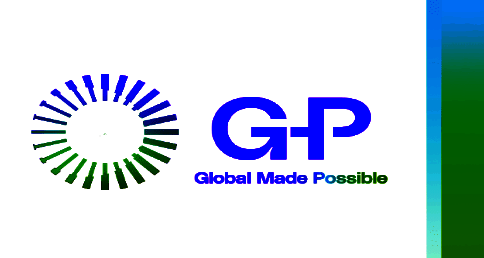Skip to content
A globalization partner is typically a company or organization that helps businesses expand their products, services, or operations across international markets. This partner provides expertise and resources to adapt a company’s offerings to different cultures, languages, legal systems, and local market conditions, enabling successful international growth.

Key roles of a globalization partner include:
-
Localization: Adapting content, products, or services to meet the specific cultural, linguistic, and regulatory requirements of each target market. This could involve translation, cultural adjustments, and redesign of materials to resonate with local consumers.
-
Market Entry Strategy: Assisting in the development of strategies for entering new international markets. This can include research, identifying the right target regions, market trends, competition, and local business practices.
-
Regulatory Compliance: Ensuring that the business meets the legal and regulatory requirements of foreign markets. This might involve working with legal advisors and government agencies to comply with import/export rules, taxes, and other laws.
-
Supply Chain and Logistics: Helping companies streamline their supply chains and ensure that they can efficiently deliver products to international markets. This might involve optimizing distribution, warehousing, and shipping.
-
Technology and Infrastructure: Providing solutions for overcoming technological barriers, such as language or currency differences in digital platforms or creating a scalable infrastructure to support international transactions.
-
Cross-Cultural Communication: Helping businesses navigate different cultural norms and values when communicating with international customers, partners, or employees.
In essence, a globalization partner enables businesses to scale their operations across borders successfully by offering tailored solutions to address the complexities of global markets.
